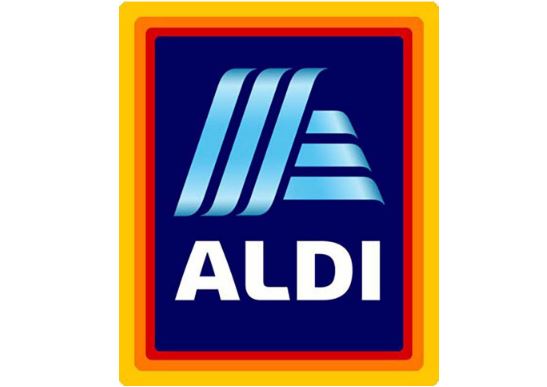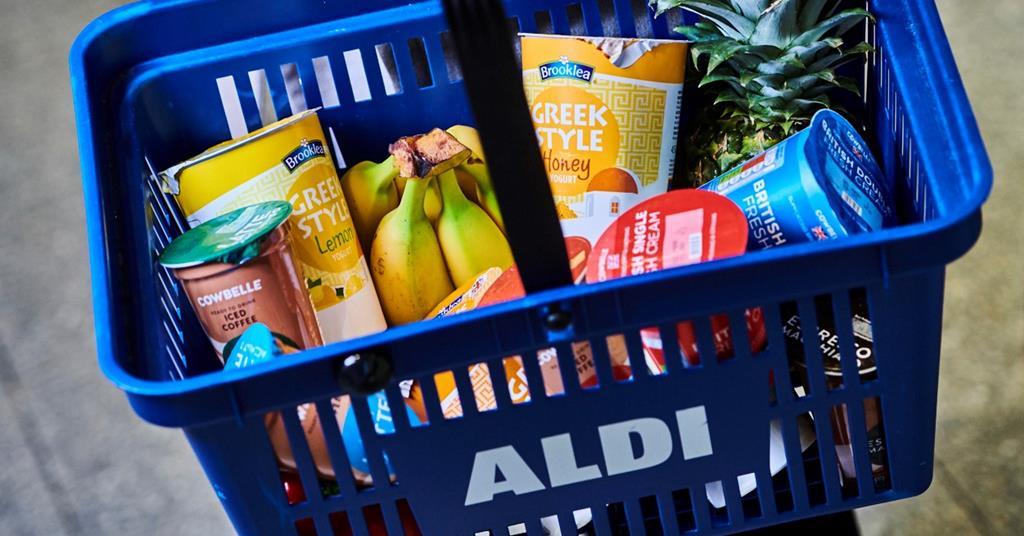Aldi is a global discount supermarket chain that has a unique philosophy that sets it apart from other retailers. Founded by brothers Karl and Theo Albrecht in 1946, Aldi has grown to become one of the largest and most successful supermarket chains in the world, with over 10,000 stores in 20 countries.
At the heart of Aldi's philosophy is a commitment to providing high-quality products at low prices. To achieve this goal, Aldi follows a number of strategies that help it keep costs low and pass those savings on to customers.
One of these strategies is Aldi's focus on efficiency. The company keeps its stores small and simple, with a limited selection of products that are carefully chosen for their quality and value. This allows Aldi to minimize costs and keep prices low. In addition, Aldi uses a no-frills approach in its stores, with minimal signage and uncluttered shelves, which helps to reduce operating costs.
Another key aspect of Aldi's philosophy is its commitment to sustainability. The company has implemented a number of initiatives to reduce its environmental impact, including the use of energy-efficient lighting and refrigeration systems, and the use of recycled materials in its packaging. In addition, Aldi sources many of its products from local suppliers, which helps to reduce transportation costs and greenhouse gas emissions.
Finally, Aldi values its customers and is committed to providing them with the best shopping experience possible. The company trains its employees to be knowledgeable and helpful, and it offers a satisfaction guarantee on all of its products. In addition, Aldi frequently introduces new products and special deals to keep customers coming back.
Overall, Aldi's philosophy of providing high-quality products at low prices, while also being efficient and sustainable, has helped it to become a leader in the global supermarket industry. The company's commitment to its customers and its focus on continuous improvement have also contributed to its success.







